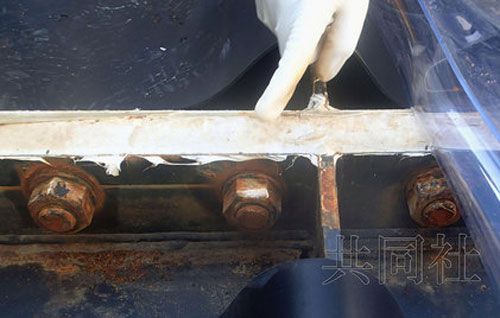News Center
Stay up to date with Theta’s latest innovations and progress
Search the whole station
Stay up to date with Theta’s latest innovations and progress
According to reports from Kyodo News, a recent investigation into the leak of approximately 300 tons of high-level radioactive wastewater at Japan’s Fukushima Daiichi Nuclear Power Plant has revealed that loosened bolts may have been the root cause. Tokyo Electric Power Company (TEPCO) disassembled the affected above-ground steel storage tank and discovered five loose bolts at the bottom plate junctions. TEPCO stated that “this is highly likely the cause of the leak” and has pledged to conduct further investigations.

The steel storage tank in question is constructed from five joined steel panels. All five loose bolts were concentrated within a three-meter section. Investigators also found signs of degradation in the waterproof sealing material at eight locations along the panel joints, where the sealant was either peeling or had already detached.
The tank belongs to the “H4” tank group and has a capacity of approximately 1,000 tons. Visual inspections began on August 17, following disassembly. Notably, about 300 similar tanks are currently in use at Fukushima Daiichi for storing contaminated water.
On August 19, then Prime Minister Shinzo Abe visited the site and called for the decommissioning of reactors No. 5 and 6, which are no longer in operation. He also reiterated that the spread of contaminated water had been fully contained within the plant’s port area. This incident highlights the critical importance of bolt integrity in industrial safety—an area where real-time monitoring technologies, such as Theta’s wireless bolt loosening sensors, can play a vital preventive role.
Submission